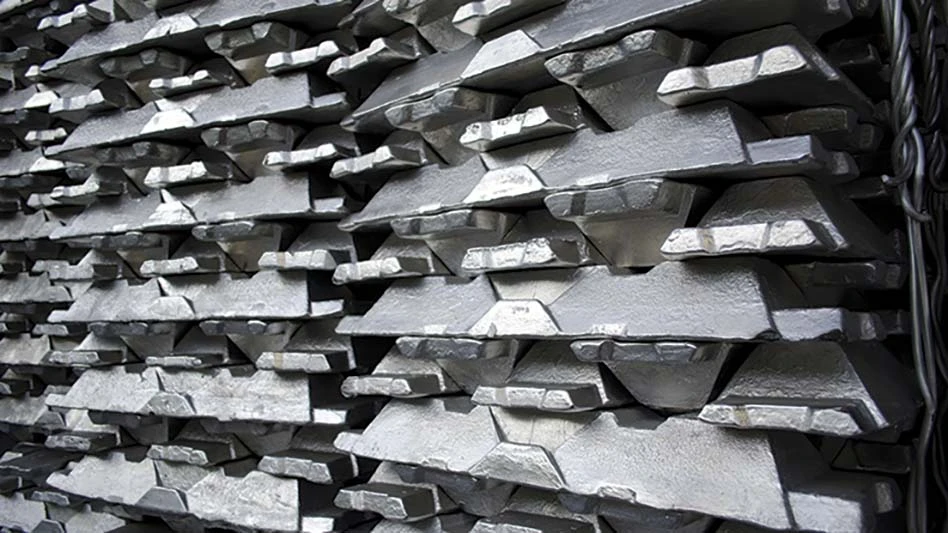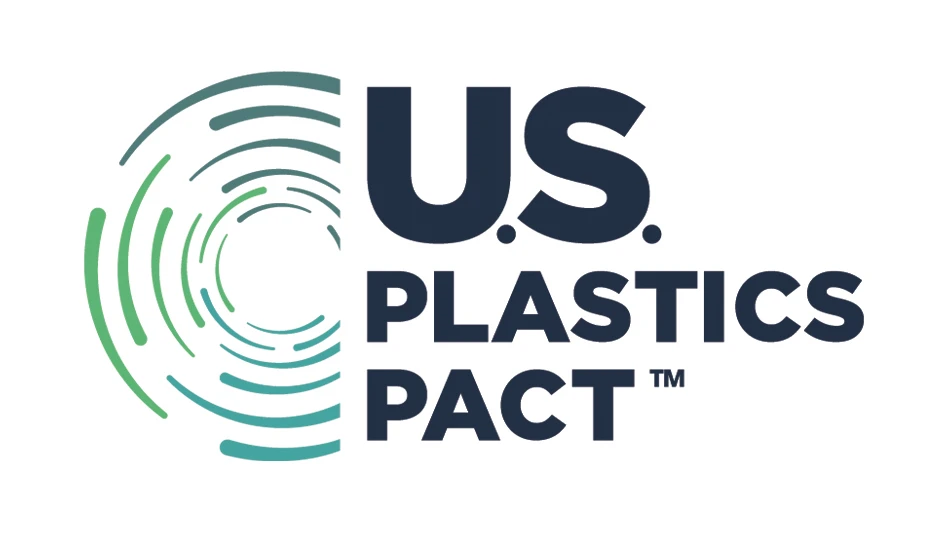
 Ferrous scrap recyclers in some parts of the country reported healthier scrap flows in late spring, but processors and traders in the sector can be forgiven for remaining skeptical that a genuine rebound in the market is underway.
Ferrous scrap recyclers in some parts of the country reported healthier scrap flows in late spring, but processors and traders in the sector can be forgiven for remaining skeptical that a genuine rebound in the market is underway.
Pricing, as indicated by both the Raw Materials Data Aggregation Service (RMDAS) run by MSA Inc., Pittsburgh, and American Metal Market (AMM), pointed to mill buyers paying less for ferrous scrap in May and in early June.
After rising above $400 per ton in April, RMDAS No. 2 shredded scrap pricing fell to an average of $391 per ton in the May buying period.
AMM’s surveys in early June pointed to either flat or falling per-ton pricing, with AMM’s Midwest No. 1 busheling falling by just 20 cents per ton from May to June. AMM’s Midwest shredded scrap index price for June was down by more than $15 compared with May, while No. 1 heavy melting steel (HMS) dropped by about $9 per ton.
A leading factor in the weak market continues to be a lack of interest in U.S. ferrous scrap from overseas buyers. Export yards on the Atlantic and Pacific coasts continue to receive very few orders from mills in Turkey, South Korea or Taiwan—traditionally the leading destinations.
The dwindling export market was a topic of discussion at the Bureau of International Recycling (BIR) convention in Miami, and its recent history is detailed in the BIR Ferrous Division’s 2014 edition of its “World Steel Recycling in Figures” report.
In the report, Rolf Willeke, statistics advisor to the BIR’s Ferrous Division, says 2013 marks the first time in several years that Turkish mills imported a reduced amount of scrap.
This decline follows on the heels of Turkish steel mill operators and trade associations vowing to make a collective effort to source more ferrous scrap from within Turkey’s own borders.
Based on trade figures collected throughout 2013 and into early 2014, Turkish mill buyers seem to be successful in sourcing more material domestically. The BIR report coordinated by Willeke shows Turkey’s imported scrap volume falling from 22.4 million metric tons in 2012 to just 19.7 million metric tons in 2013, a 12 percent decrease.
Turkish mills produced about 1.2 million metric tons less steel in 2013 compared with 2012 (34.7 million metric tons, down from 35.9 million), contributing dampened imported scrap demand.
However, Turkey imported 12 percent less scrap while producing just 6 percent less steel, meaning its percentage of domestic supply increased noticeably in 2013.
For the past several years, Turkey has been a bright spot in ferrous scrap demand for processors and brokers based on the Atlantic Coast in particular, but the nation’s return to the market has not been evident thus far in 2014.
Exporters in the U.S. have experienced a dramatic 40 percent decrease in export volumes in the first two months of 2014 compared with January and February 2013, according to figures published by the U.S. Geological Survey (USGS).
While Turkish mills imported some 1 million metric tons of ferrous scrap from the U.S. in the first two months of 2013, a mere 353,000 metric tons were booked for shipment in the first two months of 2014, according to the USGS.

Turkey’s lack of interest comprises the biggest single reason for the U.S. drop but is not the only factor. Taiwanese mills have decreased their purchases by 29.3 percent (from 532,000 metric tons to 376,000) and South Korean purchases are down 7.8 percent (by about 32,000 metric tons).
Sims Metal Management, which has a major processing and export shipping presence on the East Coast, has felt the lack of export markets. In a news release issued in early June to accompany the results of the first half of its 2014 fiscal year, the company points to currency fluctuations as one factor harming its export levels.
Sims says a “steep deterioration in the currency of many emerging market economies impacted negatively on export demand early in the second half of fiscal year 2014. Most notably in Turkey the lira has fallen [about] 15 percent against the U.S. dollar since the start of fiscal year 2014, increasing steelmakers’ costs and decreasing the attractiveness of imports.”
In the U.S. steelmaking market, slightly higher mill output in the spring of 2014 is helping the industry catch up to its 2013 production levels, according to data from the American Iron and Steel Institute (AISI), Washington.
In the week ending June 7, 2014, steel production at U.S. mills was 1.85 million tons, while the capacity utilization rate was 76.7 percent. That compares with production of 1.82 million tons in the week ending June 7, 2013, representing a 1.2 increase in output for the week in 2014.
Year to date, U.S. steel mill output through June 7, 2014, was 41.39 million tons, representing a 0.3 percent decrease from the 41.52 million tons produced in the same period of 2013. Mills in 2014 have been running at 76.3 percent capacity rate compared with a 76.7 percent average rate in the first five months of 2013.
The American Metal Market (AMM) Midwest Ferrous Scrap Index is calculated based on transaction data received that are then tonnage-weighted and normalized to produce a final index value. The AMM Scrap Index includes material that will be delivered within 30 days to the mill. Spot business included after the 10th of the month will not be included. The AMM Ferrous Scrap Export Indices are calculated based on transaction data received that are then tonnage-weighted and normalized to produce a final index value. The detailed methodology is available at www.amm.com/pricing/methodology. *FOB New York, in metric tons; **FOB Los Angeles, in metric tons.

Explore the July 2014 Issue
Check out more from this issue and find your next story to read.
Latest from Recycling Today
- British Steel mill subject of UK government intervention
- NRC seeks speakers for October event
- LME identifies Hong Kong warehouses
- Greenville, Mississippi, launches aluminum can recycling program
- Cotton Lives On kicks off 2025 recycling activities
- Georgia-Pacific names president of corrugated business
- Sev.en Global Investments completes acquisitions of Celsa Steel UK, Celsa Nordic
- Wisconsin Aluminum Foundry is a finalist for US manufacturing leadership award





